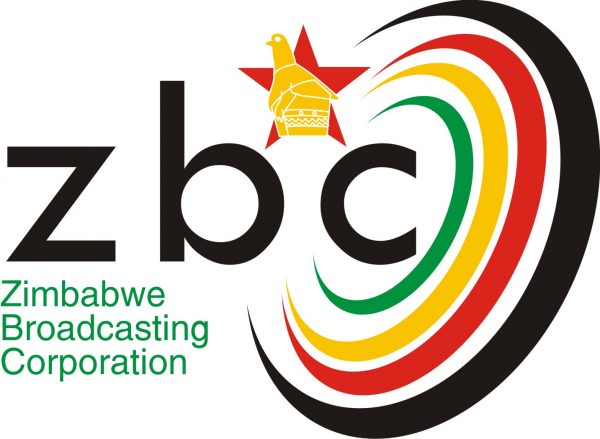
The Constitutional Court (ConCourt) last month issued a judgement that on the surface appeared to be a blow to citizens that have been battling to force the Zimbabwe Broadcasting Corporation (ZBC) to stick to its mandate as a public broadcaster, but a closer reading of the judge’s observations reveals a different and encouraging narrative.
THE STANDARD COMMENT
Deputy chief justice Luke Malaba on July 20 ruled that it was mandatory for Zimbabweans to pay ZBC licences as long as they were in possession of any gadget capable of receiving broadcast services.
He was presiding over a case where two applicants, Bernard Wekare and Musangano Lodge, were challenging provisions of the Broadcasting Services Act that empower ZBC to demand licences from any citizens as long as they are in possession of television and radio signal receivers.
Poor reportage by the media, which chose to focus on the obvious, gave ZBC and its handlers the false impression that the courts had endorsed the status quo.
It is an open secret that the public broadcaster has been turned into a partisan institution only serving the interests of the ruling party, Zanu PF
Elsewhere in this publication, we carry an incisive analysis of the judgement by the Media Institute of Southern Africa (Misa) Zimbabwe chapter, that clearly demonstrates that Justice Malaba actually affirmed ZBC’s mandate as a public broadcaster.
The clincher in that ruling was when the judge said: “There is no doubt that the ZBC is a ‘public broadcaster’ incorporated to carry out the functions of providing public broadcasting services.
- Chamisa under fire over US$120K donation
- Mavhunga puts DeMbare into Chibuku quarterfinals
- Pension funds bet on Cabora Bassa oilfields
- Councils defy govt fire tender directive
Keep Reading
“The primary purpose for the creation of a public broadcaster is to ensure that there is a balanced and consistent presentation to the public of a variety of ideas and information on diverse matters of public concern.
“A ‘public broadcaster’ is indistinguishable from the other two types of broadcasters, namely commercial broadcaster and community broadcaster.
“The ZBC is not a State broadcaster. Incorporation of the ZBC in terms of the Companies Act gives it the mark of institutional independence as it is a legal persona distinct from its shareholder.”
The reason most Zimbabweans are not eager to pay ZBC licence fees is that they strongly feel that the corporation is not living up to its mandate as a public broadcaster because of its nauseatingly partisan coverage of news, especially politics.
ZBC also falls far too short when it comes to the quality of programmes because too much State interference has meant that the cooperation is not commercially viable.
Misa notes that the ConCourt judgement points out that ZBC has to “be impartial and afford fair opportunity for presentation of divergent views and dissenting opinions”.
The ruling stressed the need for ZBC to improve its content and accountability to the public. ZBC also has to safeguard its independence so that it becomes a proper public broadcaster.
However, the government and Zanu PF would not let go control of ZBC on a silver platter given its strategic importance in the party’s power-retention schemes.
Activists and media institutions have to take up the challenge and force ZBC to comply with some of the legal provisions that already exist while pushing for more reforms.
Only sustained pressure would stop the government from appointing a ZBC board that is composed of political gatekeepers rather than professionals that would, under normal circumstances, safeguard the broadcaster’s independence.
Citizens must also be more vocal in demanding accountability from the broadcaster, taking a cue from this landmark judgement.











